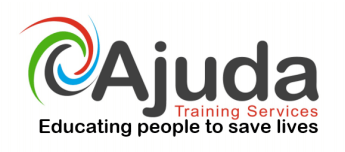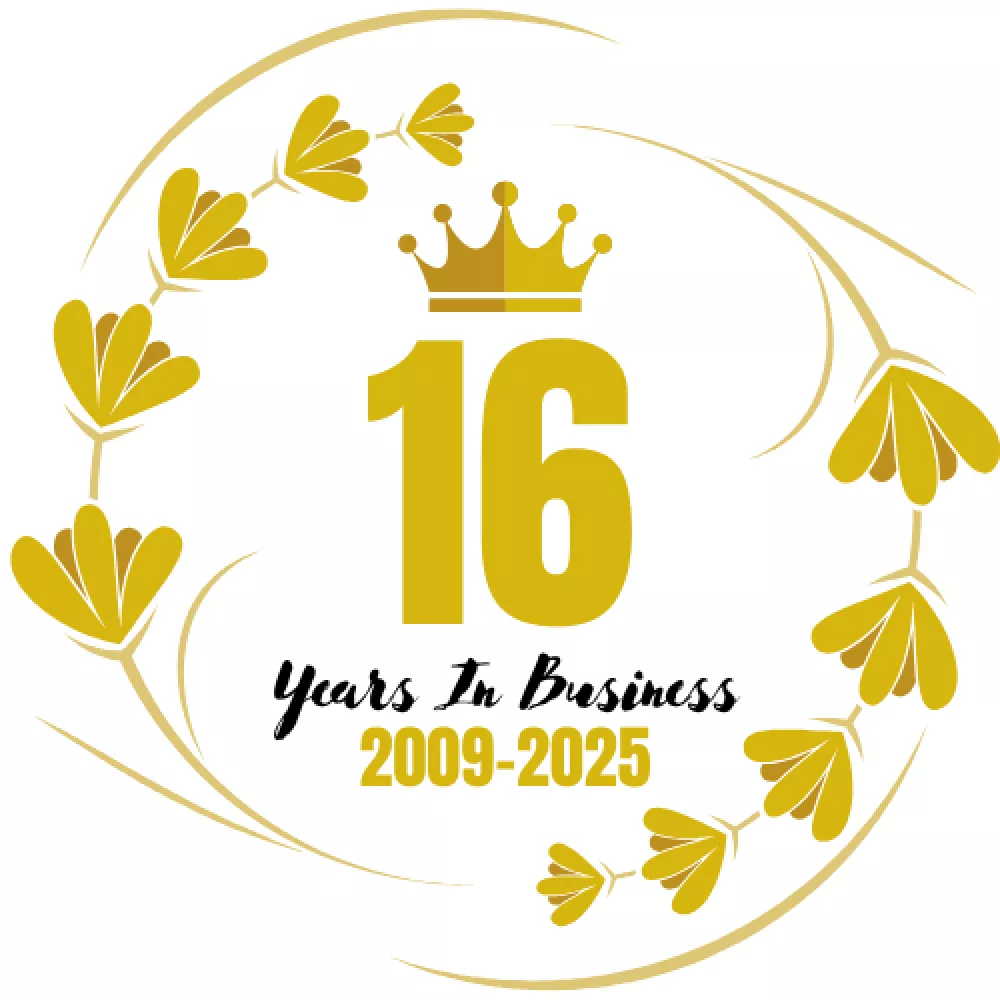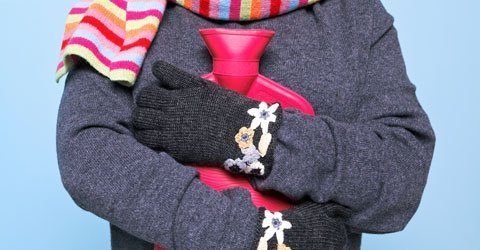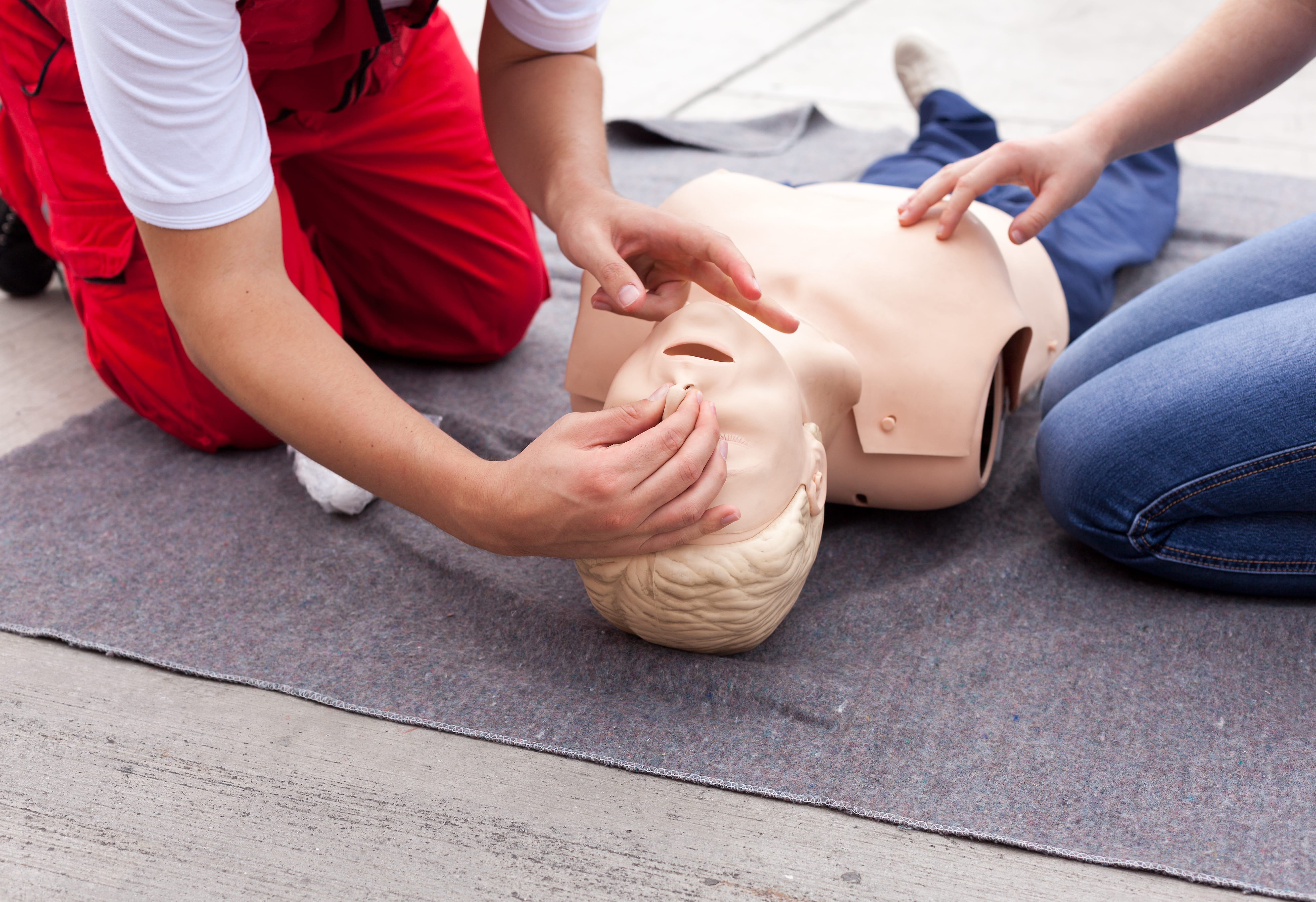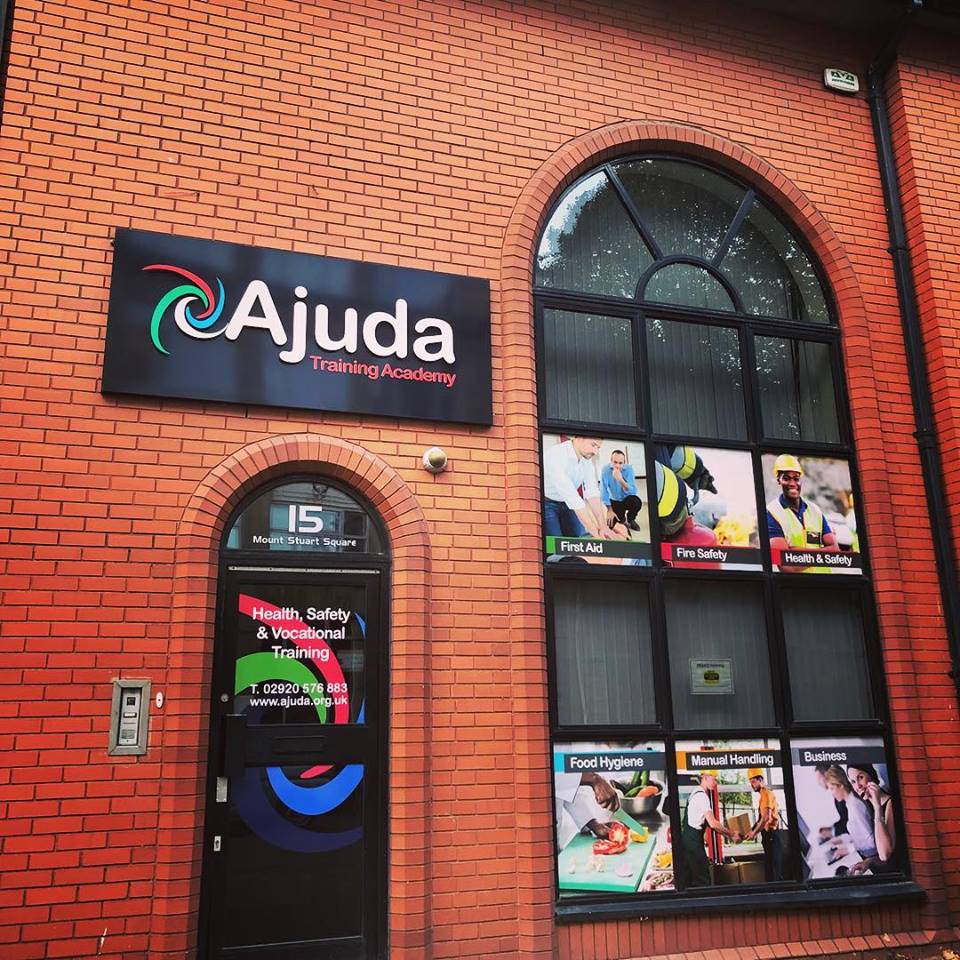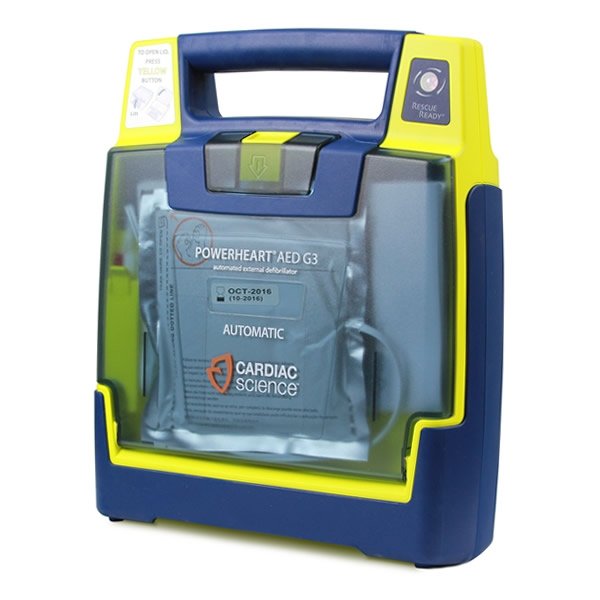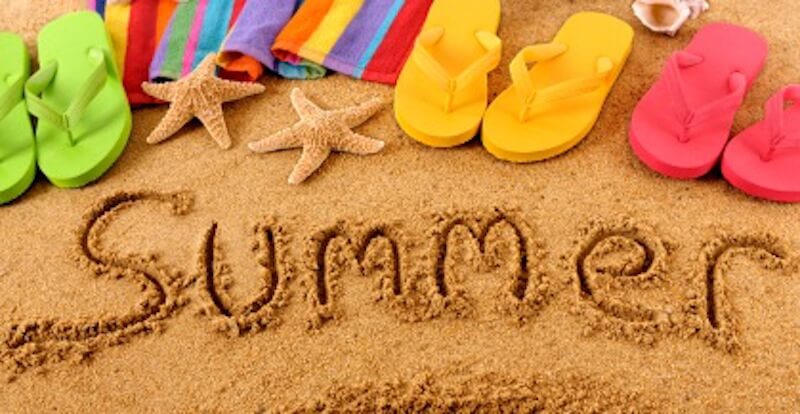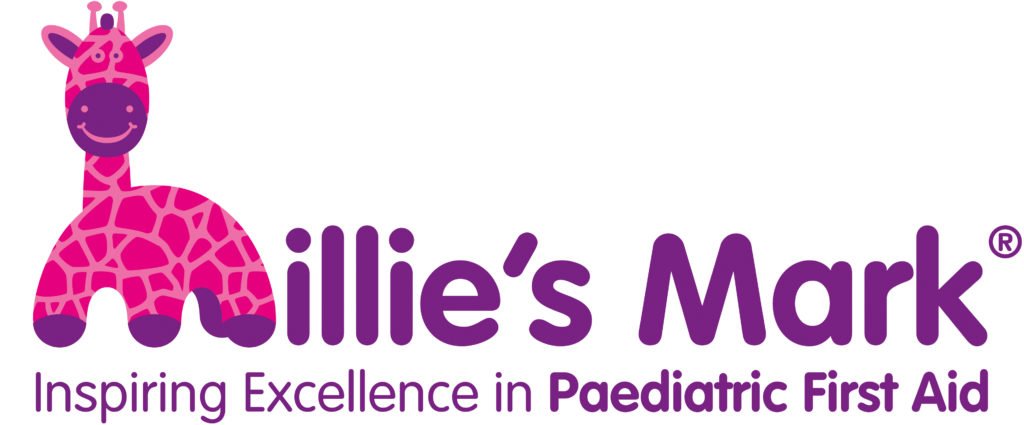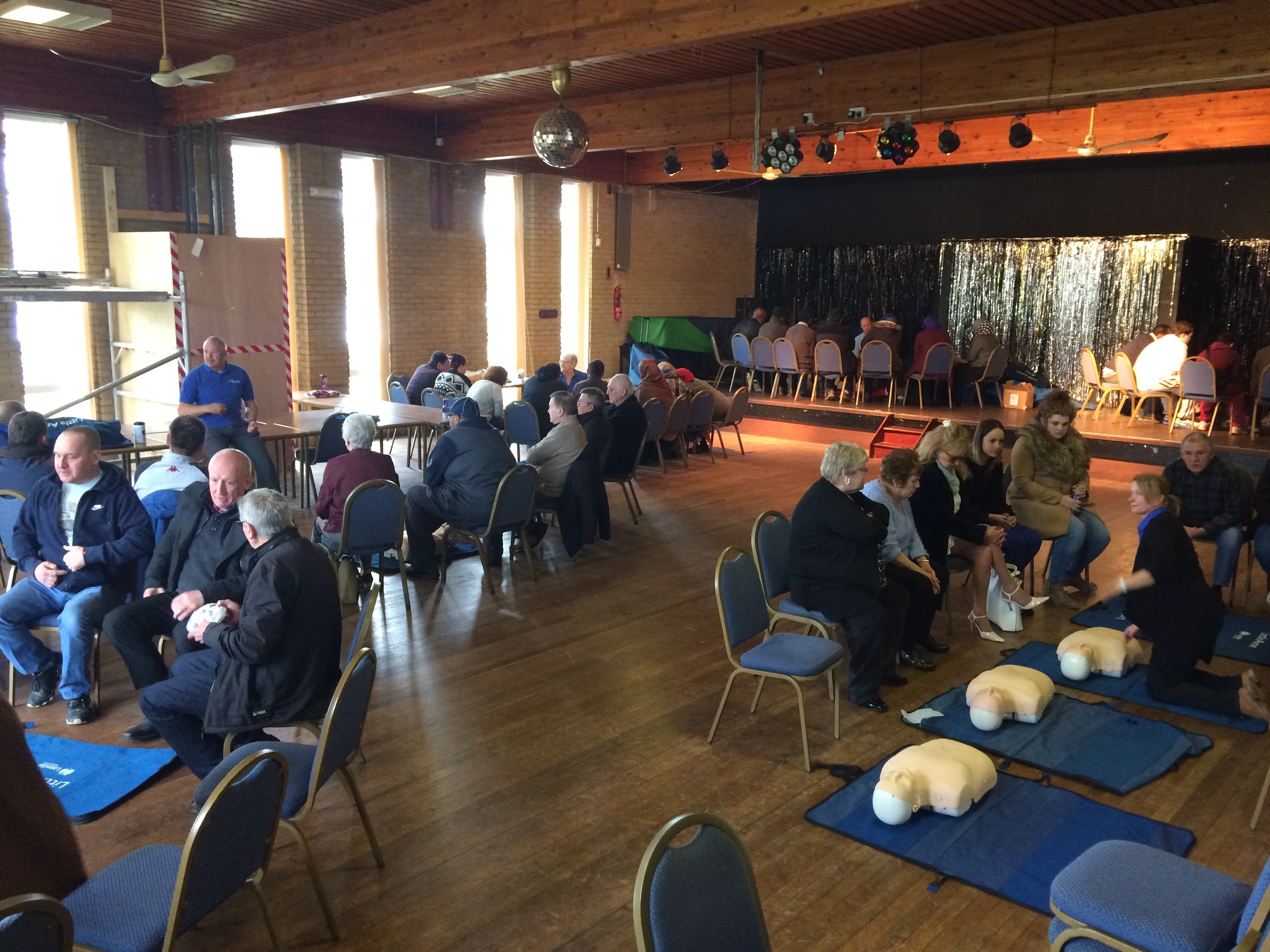According to the Royal Society for the Prevention of Accidents (RoSPA), more than 6,000 people will end up in hospital on Christmas Day and over the Christmas period more than 80,000 people visit A&E and these numbers appear to be rising. Not only is there an increase in admissions due to common winter illnesses, hospitals in the UK see thousands of people treated for Christmas-related injuries. Christmas sees injuries from knives, trips (e.g. from fairy light wires), food poisoning and burns. With serious incidents such as house fires also being more common than during other times in the year; People are 50% more likely to die in a house fire over Christmas than at any other time of year. Approximately 350 people a year are hurt by Christmas tree lights, according to RoSPA. Injuries include people falling while they’re putting them up, children swallowing the bulbs, and people getting electric shocks and burns from faulty lights. RoSPA’s advice is to ‘Test your lights and the wiring before you put them up, as they can deteriorate over the years. If you have old lights, buy new ones that meet higher safety standards, don’t overload sockets, as that’s a fire risk.’ – Since 1996, 31 people have died from watering their Christmas tree with the lights plugged in – 1 in 10 people burn themselves while setting fire to Christmas pudding – 350 people a year are hurt by Christmas tree lights – 1,000 people a year are hurt when decorating their homes – People are 50% more likely to be in a house fire at Christmas than at any other time of the year – Do not leave candles unattended (this advice should be followed throughout the year) – Ensure Christmas cards and wrapping paper are kept clear of open flames (e.g. do not hang cards above the fireplace and do not light candles near cards) – To reduce the risk of trips, slips and falls, keep holiday clutter to a minimum (e.g. invest in a cable tidy to keep stray wires minimal) – Watch out for small items that could cause a choking hazard, particularly in young children (e.g. Christmas cracker prizes) – Open packaging with scissors not knives to avoid careless injuries – If you have old Christmas lights, consider investing in new ones which will meet much higher safety standards – Keep the lights switched off until the Christmas tree is decorated and don’t let children play with the lights (some have swallowed the small bulbs) – Don’t overload sockets – Don’t let bulbs touch anything that can burn easily such as paper (this includes decorations) – Keep glass baubles out of reach of toddlers and pets – Don’t be tempted to leave the lights on when going to bed or when leaving the house – Follow the instructions on the turkey and don’t risk short cuts as it takes hours to cook a turkey thoroughly (uncooked turkey can cause salmonella poisoning, which can be life-threatening for vulnerable people) – Do NOT drink and drive! Take this advice on board to ensure that your Christmas is memorable for the right reasons. Have a lovely, safe Christmas and a very Happy New Year. If you have any other suggestions on ways to stay safe over Christmas, please Tweet us on @ajuda_training. To book yourself onto any of our valuable, life-changing courses (such as, First Aid, Health and Safety or Food Hygiene) in the New Year, please see our Course Calendar and use our new online booking system to book your place. To view our Christmas opening hours, please click on the picture below.

To put these risks into perspective, here are just a few Christmas accident statistics:
– 30 people die from food poisoning each ChristmasHere are some handy hints to keep your house safe:
Tag: first aid
Toasty Tips: How to keep warm through Winter
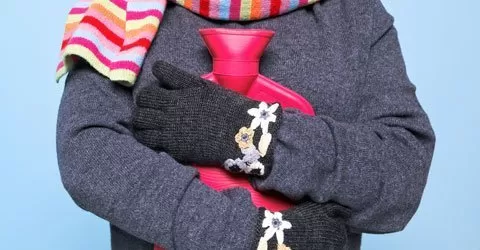
Cold Weather
With colder weather on the way, it’s really important to remain fit and healthy at this time of year to help your body fight off the common colds and viruses that are circulating. Eating well, wrapping up warm and carefully planning your journeys are simple ways stay safe during winter.
This blog highlights some of the first aid tips you may require over the winter months and potential hazards to look out for.
Keep warm
It is essential to maintain body heat during winter to avoid hypothermia.
Ideally, the temperature indoors should be at least 18 degrees. If you cannot afford to keep the heating on all winter (it can really add up!) then keep adding the layers, have accessible blankets around the house and hot water bottles which are particularly useful and a cost-effective way to keep extra warm indoors.
If you are venturing outside, ensure to wrap up warm and add layers such as, hats, scarves and gloves to prevent you from getting too cold.
Unfortunately, hypothermia is a huge danger at this time of year. The number of hypothermia deaths has doubled over the last five years. It is really important to learn the signs of hypothermia which include pale and cold skin, shallow breathing, a weak pulse and disorientation. If you suspect someone is suffering from hypothermia, then it is vital to encourage the to undertake the following:
– Slowly restore warmth and get indoors if they are not already
– Begin CPR if necessary
– If they are conscious, give them a warm drink such as
– Keep their body temperature up by wrapping them in blankets
Further tips for keeping warm and staying safe:
– Wear several light layers rather than one chunky layer
– Regular hot drinks and meals
– Be very careful around open fire
– Close the curtains after dark to keep away drafts
– Keep your hands clean to reduce germs spreading
– Stay active
– Keep windows closed at night
Keep healthy and fight the cold
As mentioned in the introduction, cold weather can have a detrimental impact on your health. There are many preventative measures that can be taken to ensure that you are fit and healthy throughout the winter months and avoiding sickness:
– Enquire about getting the flu jab
– Take multivitamins
– Maintain a healthy diet
– Have hot meals and drinks where possible
– Invest in a hat, scarf and gloves and a good coat
– Exercise and keeping active helps to maintain body heat amongst many other health benefits
When the temperature drops to below 8 °C some people particularly vulnerable people such as young children, people with existing health conditions, people with a low income and elderly people become at risk of various problems:
– Heart attack
– Stroke
– Pneumonia
– Falls and injuries
– Hypothermia
Travel safely
During the winter, travelling can become particularly hazardous. Take extra care when walking outdoors as footpaths can become slippery. Invest in a sensible pair of shoes with good grip to help to prevent slips and trips.
If you are driving, it is important to be aware that the roads can become slippery and dangerous. It is a good idea to have a winter first aid kit stocked in the car including blankets and water in case you break down. Other driving essentials during this time of year include an ice scraper, winter screen wash, de-icer and a foil blanket.
We hope that this blog has given you some basic ideas about how to stay safe during winter.
As well as ensuring that you take all of these measures to stay healthy, please look out for vulnerable people and do what you can to help them to keep warm. Perhaps consider donating blankets, hot water bottles and tinned food to those in need. Drive calmly and safely to prevent being involved in an accident.
If you are interested in learning more about learning basic first aid skills, please book yourself a place on one of our open first aid courses.
10 Benefits of First Aid Training in the Workplace
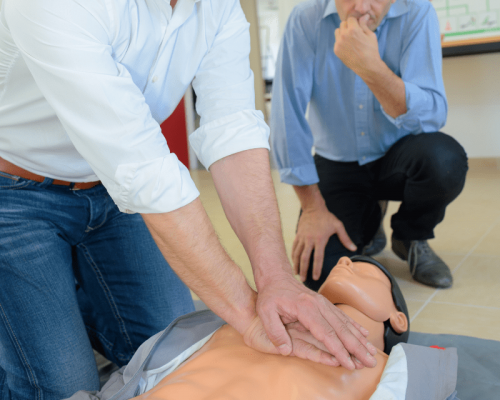
The office can seem like a safe place to work, but, there are risks you wouldn’t think of until they happen. An accident can occur at any time and if it did, who in the workplace is trained to help? It is a legal requirement as a company to ensure your employees receive immediate attention. Here are 10 reasons why you should consider First Aid Training for employees.
1. It can save lives
This may seem like the most obvious reason, but it is proved that first aid saves lives. If there is an accident in the office is anyone trained to come to the rescue? First aid training gives your staff the confidence and ability to react immediately to an incident, injury or illness. CPR (Cardiopulmonary Resuscitation) has been reported that many lives have been saved due to fast reaction CPR. This would have been given during critical and life-threatening accidents, injuries or health complications in the workplace.
2. Reduce the number of workplace accidents
First aid training helps employees learn to be more conscious of safety in the workplace, leading to a reduced number of accidents and injuries. Minimizing risk to workers and decreasing workplace incidents is a benefit to everyone, but for employers it has implications within all aspects of business operations. All employees become more safety aware, helping to bring down the number of accidents.
3. Positive work environment
By making first aid training available to employees, employers can show their workforce that they care about providing a safe work environment. First aid training provided in the workplace can even be used as an excellent team-building exercise and morale booster. Employee morale is an integral part of any company. High morale leads to positive attitudes and positive attitudes lead to positive results. The happiness and wellbeing of your employees will help you build a strong relationship, ultimately resulting in a better working environment. First aid training will help ensure employee health and safety in addition to enhanced wellbeing and morale.
4. Your company will be safer place to work
Many large companies give first aid as part of employee training; this is a very wise option because it guarantees they can all look out for one another. If an accident happens at work; employees may be able to prevent further injury to the victim of the accident. First aid courses in the work place promote safer practice amongst employees.
5. First aid kits are used properly
Not only will your employees know exactly what should be in the first aid kit and be able to maintain it properly, they’ll be able to use them effectively in an emergency. They will know where to access it quickly – again saving time and reducing the impact of the illness or injury. First aid trainees know exactly what’s in their first aid kits, how to use the contents, and the various ways to react in an emergency. In a beneficial way, it makes each employee an unofficial health and safety risk manager.
6. It can reduce recovery time
Rapid reaction to illness or injury, before further aid such as an ambulance arrives can not only save lives, but in addition, will reduce recovery time of the patient. If that patient is a member of staff, that means they’ll be back to work quicker, with less impact on the business.
7. It can keep employees safe outside of the workplace
It’s not just in the workplace where good first aid training is paramount – employees will have those skills for life, especially if you maintain ongoing refresher courses. This means they can treat themselves, their family and friends and the public effectively in an emergency.
8. It’s a great team-building exercise
When your staff get the opportunity to learn a skill together, one that will help them look after one another, it brings them closer together. Many teams have reported more awareness of their co-workers wellbeing following first aid training.
9. It gives your employees confidence and clarity during an emergency
First aid training doesn’t just teach your staff how to treat patients in need of first aid, it also gives them confidence and effectively manage an emergency without fear, confusion or overwhelm.
10. The cost of a First Aid at Work Training course is nothing compared to that of potentially saving a live.
Providing first aid and CPR training doesn’t cost much, but it will go a long way to ensuring workplace health and safety.
If this has given you something to think about we have many Training Courses available at Ajuda Training Academy, take a look at our course calendar, give us a call on 02920 576883, or email admin@ajuda.org.uk
Or you can book a course online here
Follow us on Facebook or Twitter and see our tips and advice on all things #FirstAid
Learn lifesaving skills at Ajuda this June
Each month we provide courses at Ajuda Training Academy
June is jam packed with training courses that you can come along to from First Aid to Health, here’s the full calendar for this month
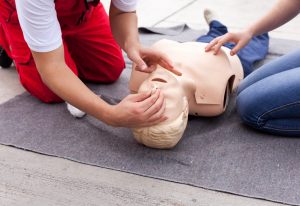
First Aid
3rd & 4th June – Level 3 Award in First Aid at Work Refresher (RQF)
17th June – Level 3 Award in Emergency First Aid at Work (RQF)
17th – 19th June – Level 3 Award in First Aid at Work (RQF)

Train the Trainer
10th – 12th June – First Aid Trainer / Assessor
13th June – Defib Instructor Course

Employment Skills
6th June – Interview Skills
20th June – Employability Skills

Mental Health
27th & 28th June – Mental Health First Aid (Wales) (Adult)

Health & Safety
24th June – Level 2 Award in Safe Moving & Handling (RQF)
25th – Level 2 Award in Fire Safety and Fire Marshal (RQF)
26th – Level 2 Award in Food Hygiene (RQF)
Book a course
Click here to book on a course online
Or speak to the team on 02920 576883
Dawn Evans to talk at The National Education Show
Dawn Evans is also set to talk at The National Education Show in November 2018. Dawn established Ajuda 10 years ago after her young daughter choked on a sweet. She realised the huge importance of first aid training; if she did not have essential first aid skills, her daughter could have died. After this incidence, Dawn set out to become a qualified first aid trainer and started teaching parents, teachers, creche assistants, schools and colleges first aid skills. First aid and teaching people how easy it is to save a life has become a passion for Dawn.

Ajuda specialises in a variety of health and safety related courses in order to keep schools safe. Ajuda facilitates affordable courses in schools throughout the UK and are specialists in onsite training during school inset days.

At The National Education Show, Dawn will be holding a seminar introducing how to perform CPR and use a defibrillator in a school environment. Parents count on school staff & teachers to keep their children safe – in class, in the halls, and on the athletic fields. By attending Dawn’s seminar, delegates will take a step towards becoming advocates for automated external defibrillators. Delegates will learn, on a basic level, how to protect children and staff from sudden cardiac arrest and potentially death. Being equipped with this life-saving knowledge also ensures that other teachers are protected in the school environment.

During the seminar, Dawn will be showing attendees the basic skills required to save a life, including the use of CPR and the external defibrillator. To book your ticket to attend Dawn’s seminar, please see here.

The National Education show is an all-day education conference in South Wales that plays host to over 4,000 teachers, 100 companies and 40 professional speakers. Last year, Ajuda ran a competition at the show for attendees to win a life-saving defibrillator for their school. The lucky school that won the competition was Blaenavon Heritage VC Primary School. We are thrilled to announce that this year we will be running the same competition. For more information about our stand please read our exhibitor spotlight here.

Please see here to find out more about Dawn. To book your ticket for Dawn’s seminar please see here.
Defibrillator sale: save £550 on life-saving device
Purchase a Cardiac Science Powerheart G5 defibrillator worth £1,500 for just £950 from Ajuda this month.
We will be donating 100% of the profit from defibrillator sales to Cancer Research Wales ahead of our Managing Director Dawn’s trek up Machu Picchu in November. Find more information on that, here.
What is the purpose of a defibrillator?
If a defibrillator is used and effective CPR is performed within 3-5 minutes of cardiac arrest, chances of survival will increase from 6% to 74%.
The current rate of initial bystander CPR is reported at just 43%.Unfortunately, only 20% of cardiac arrest victims are in a ‘shock-able’ rhythm when the Emergency Services arrive; this figure could be increased if more cardiac arrest victims received CPR from bystanders. Furthermore, when someone is suffering from cardiac arrest, every minute that passes without CPR and defibrillation reduces their chances of survival by 7-10%.
Cardiac arrest can effect anyone, from children, to healthy young adults, to the elderly; by installing a defibrillator on your premises, you are contributing to making it a safe space.
How do I place an order?
Contact us on 029 2057 6883 or admin@ ajuda.org.uk to place your defibrillator order before the end of January.

Why Cancer Research?
In September 2018, Ajuda’s Managing Director, Dawn Evans, will be trekking up Machu Picchu with a team of other fundraisers. Dawn will be fundraising for Cancer Research Wales. She will be doing this in memory of a life-long friend who sadly passed away in 2016 from cancer.
Cancer Research Wales funds a great variety of projects in Wales which are important in the battle against cancer.
These projects are undertaken in the universities and hospitals throughout the principality and cover many cancer sites that include cancers of the prostate, colon, breast, kidney, blood (leukemia), cervix and esophagus. As well as focusing on site specific cancers the Cancer Research Wales research portfolio is rich in studies that seek to better understand the fundamental processes of cancer biology that are common to all cancers, such as uncontrolled cell growth, invasion and spread, resistance to chemo- and radiotherapies and immune evasion.

Keeping yourself and your family safe over the summer holidays
The summer holidays are here!
For some this may mean 6 weeks with the family – for you, we’ve written this blog about how to stay safe at home over the coming weeks whilst still enjoying yourself and relaxing.
Sun Cream
Firstly, and very importantly, when the sun is out (admittedly this may not seem too often) sun cream is a must. Whilst Britain may not be the hottest place on earth, there is still a certain risk of burning our skin whilst spending time in the sun. You may be in the garden relaxing on the sun lounger or hiking with the family, you’re still at risk.
You must apply sun cream before you venture outside, even if it does look a little overcast outside. It is particularly important to ensure children are also wearing sun protection including cream and a hat. Make sure that the sun cream you use is a high SPF (30+) and has a high UVA star rating to ensure that you are well protected from the hot sun.
Also, remember to keep reapplying sun cream throughout the day, particularly if you have been for a dip in the sea or a pool. If, unfortunately, you do burn, make sure that you moisturise the area with after sun cream or Aloe Vera to soothe the skin. Stay in the shade to prevent any further damage.
Burns from the BBQ
BBQ’s are a staple to British summertime. We don’t know anyone who doesn’t love a social gathering in the sun with the smell of food being cooked outside on the BBQ (perhaps more too often, the smell of charred food nonetheless). It’s not just the food that often ends up burnt during the fun of a BBQ. Unfortunately, our willing chefs sometimes end up burning themselves whilst cooking our delicious burgers and sausages.
Treatment will differ depending on the severity of the burn:
First-degree burns – these affect the top layer of skin and can be treated by running the affected area under cool water for 10 minutes.
Second-degree burns – this type of burn needs to be immersed in water for 10 – 15 minutes. It’s very important to remember not to apply ice to the affected area as this can reduce the patient’s body temperature. Second-degree burns can lead to shock, in this instance, ensure that you lay the victim down on their back with their feet elevated 12 inches off the floor (on a chair is good). If possible, the burnt area should be elevated above the heart and the victim should be covered with something (e.g a blanket) to avoid their temperature dropping.
Third-degree burns – call the emergency services immediately! Unlike first and second-degree you should NOT immerse third-degree burns in cold water. Cover the burn with loose, non-stick bandage. Like second-degree burns, the victim should be laid down with their feet elevated to avoid shock. You should regularly check their pulse and monitor their breathing until the emergency services arrive at the scene.
Staying safe in the sea
If we’re lucky and the sun comes out to say hello, there are plenty of beautiful beach destinations throughout the UK. It’s all fun and games splashing about in the sea with each other. Please, please be aware, however, of the severe dangers of the sea as well.
Be aware. Before slipping into your swimwear, do your research. For example, you should check tide times and make sure that there will be lifeguards present during your visit. Read and obey local hazard signs.
Swim between the red and yellow flags. This is so that the lifeguards can see you if you get into any danger but also so that you don’t go too far out to sea. Never swim in the sea on your own – stay with children at all times if they are going in the sea.
If you do find that you or anyone in your group gets into trouble, stick your hand in the air and shout for help. If you see someone else is in trouble, tell a lifeguard or call 999 or 112 and ask for the Coastguard.
If you plan on using inflatables, ensure that you stay between the red and yellow flags. You should never take them out in big waves or strong winds. We recommend that inflatables are best kept for use in swimming pools as they are lightweight and can easily be swept away from the shore.
Rip currents are strong currents running out to sea. They are a problem for surfers, swimmers and body boarders as they can quickly and easily drag you out to sea, far beyond your depth. If you get caught in a rip current:
– Stay calm
– Wade, don’t swim
– Keep hold of your board or inflatable to help you float
– Raise your hand and shout for help
– Never try to swim directly against the rip or you will get exhausted
– Try to swim parallel to the beach until you are free of the rip, then make for shore
First Aid Kit
Leading on nicely from burns, wherever you are, make sure you have a first aid kit handy because accidents can happen anywhere. A first aid kit will ensure that you can be prepared for injuries.
The HSE recommends that you have the following in your first aid kit:
– First aid general leaflet
– Sterile, individually wrapped plasters
– Sterile eye pads
– Safety pins
– Medium and large, sterile, individually wrapped unmedicated dressings
– Disposable gloves
Obviously, it is important to include things in your first aid kit that are relevant to where you are and what you are doing. Ajuda supplies a huge variety of different first aid kits here.
Millie’s Law keeping children safe
Millie’s Law means that First aid training is to be made compulsory for new nursery recruits in September 2016. It will be a requirement for new nursery and pre-school staff to undertake paediatric first aid training thanks to new government proposals.
The new proposals will ensure that newly qualified staff with a childcare level 2 or 3 qualification must have emergency paediatric first aid training or a full paediatric first aid certificate. This life-saving change will hopefully add approximately an additional 15,000 trained early years professionals to our nurseries, pre-schools and child minders each year.
Following the tragic death of their daughter Millie, parents Joanne and Dan Thompson have shown their full support to the plans. They have been campaigning for change since Millie passed away at nursery in October 2012. Their important campaign culminated in an e-petition signed by over 103,000 people.
Mr and Mrs Thompson have also given their backing to the creation of a new special certificate to be known as ‘Millie’s Mark’, a direct outcome of their campaigning. This will be displayed by nurseries who have achieved gold-standard provision where 100% of their staff hold paediatric first aid qualifications. This certificate will help to give parents assurance that their child is being cared for by safe and knowledgeable staff.
The awarding of Millie’s Mark will be dependent on all of the criteria being met in addition to the legal requirements as set out in the Early Years Foundation Stage (EYFS) statutory framework. Childcare providers will work to keep these crucial skills in the forefront of their employees’ minds, so that they are competent and ready to act in an emergency situation.
The aims of Millie’s Mark are to keep children safe and minimise risk and accidents by:
• Raising standards in paediatric first aid;
• Increasing numbers of first aid-trained staff;
• Increasing competency in applying first aid;
• Enabling staff to respond quickly in emergencies;
• Raising the quality and skills of the early years workforce and helping them with day-to-day first aid issues, such as allergies;
• Providing reassurance to parents.
Every parent wants the confidence that any person who is caring for their child has the right training should the worst happen. First aid training really is a life-saving skill to have. Ultimately, these changes in the law could save a child’s life. Under current rules, early years providers must only have at least one paediatric first aider available on the premises at all times.
Ajuda offer paediatric first aid courses at our training academy in Cardiff Bay. To book yourself onto a course or for more information, please contact Dawn or Ruth on 029 20576883.
Upcoming course dates are:
| 8th & 9th September 2016 | Level 3 Award in Paediatric First Aid (QCF) | £140.00 |
| 21st & 22nd November 2016 | Level 3 Award in Paediatric First Aid (QCF) | £140.00 |
| 12th & 13th January 2017 | Level 3 Award in Paediatric First Aid (QCF) | £140.00 |
| 1st & 2nd February 2017 | Level 3 Award in Paediatric First Aid (QCF) | £140.00 |
| 19th & 20th April 2017 | Level 3 Award in Paediatric First Aid (QCF) | £140.00 |
Alternatively, we can teach your staff at your premises on a date and time to suit you. Discounts apply to group bookings. You can email us on dawn@ajuda.org.uk or ruth@ajuda.org.uk for more details.
Ajuda trains 300 in 3 days
Last week a team of Ajuda trainers pulled off something that to others may have seemed impossible. Over the course of 3 days they managed to train 300 local people in Emergency First Aid. Ajuda hired Fairwater Conservative Club for the duration of the training, which proved to be a fantastic venue for such an event. The room was split in two – a classroom type environment with a projector on one side and an array of manikins and such on the other.
Ajuda founder, Dawn Evans, alongside a team of 7 other Ajuda trainers, split the delegates into smaller groups to learn the practical side of First Aid Training. Even though there were 100 people attending the 4 hour sessions each day, every single attendee got a chance to practice on a manikin with supervision from a trainer. The practical training was combined with a presentation, videos and other activities. Each delegate also received an Ajuda first aid manual with all the information they need on what they learnt about first aid.
We are thrilled with the feedback we’ve received since the event and would love to take part in similar sessions in the future. It was an incredibly rewarding 3 days and was made even better by the warm reception and the delegates’ willingness to learn.
 If you are interested in booking a large first aid event with us, or would like more information on any of our training courses, please, do not hesitate to call us on 02920 576 883 or email info@ajuda.org.uk
If you are interested in booking a large first aid event with us, or would like more information on any of our training courses, please, do not hesitate to call us on 02920 576 883 or email info@ajuda.org.uk
A busy day in the life of Ajuda’s founder Dawn Evans
Dawn Evans who founded Ajuda in October 2009 is a very busy lady. Her days can be taken up with training students, delivering presentations, winning awards, volunteering and many more exciting activities. Today, Thursday 11th February, I am shadowing Dawn for the day to see what she gets up to.
11am
We start the day by attending Fire Station 21 in Aberbargoed at an award ceremony for an employability programme where our trainers made up part of the delivery team. The ‘Station 21’ programme has taught the young people involved many essential life skills to prepare them for the working world; teamwork, communication, interview skills, CV building, support for each other, confidence and resilience have been the cornerstones of the programme for the students, as well as giving them the opportunity to gain accredited qualifications in Food Safety, Fire Safety, Manual Handling and Customer Service. The accredited qualifications were taught by a team of professional tutors from Ajuda, led by Head tutor Tom Collins. The young adults who have taken part in this programme have learnt how to put out a fire as a team which has helped them to highly develop a lot of the aforementioned integral skills.
It was really fantastic to see so many young people engaging with the programme with their spirits high and their confidence boosted. It is a very worthy cause and one that Ajuda is thrilled to be a part of – having already signed up to offer more training in future programmes. The programme was supported by the Welsh Government, Communities First, Gwent Association of Voluntary Organisations (GAVO), Department of Work and Pensions and Job Centre Plus.
12:30pm
Next, we have a scenic drive through the valleys on route to Swansea. Dawn is due to give a speech for IOSH at the Tower Hotel at 2.00pm so it’s a tight squeeze to say the least. Luckily we arrive with time to spare for lunch so we tuck in to the delicious buffet on offer!
Dawn delivers a brilliant 45-minute presentation about Health and Safety in the fitness industry. She highlights the importance of things that often get overlooked; or, at least, don’t get as much attention as they should be getting. The implementation of defibrillators, and ensuring that staff are trained to use one in gyms and sports centres is a hot topic amongst the guests, and something that everyone agreed is essential. The audience were also very interested in insurance in the unfortunate event of an accident at the gym. The delegates debated amongst themselves whilst Dawn inputted her expert opinion, remaining collected and poised throughout. After answering many audience questions it’s time to rush off to destination number 3.
4.30pm
Our final stop is the stunning Cardiff Castle. Ajuda are sponsoring the Introbiz Business Networking event for the evening. Introbiz is a fantastic independent business network that hosts weekly networking events and is run by Tracey and Paul Smolinski. After some tea, biscuits and networking, Dawn talks to the attendees about Ajuda, and the benefits to selecting the correct Health & Safety training for their company. Dawn also highlighted the achievements that Ajuda has achieved so far. After Dawn’s speech it’s time to find our table. We sit amongst other business folk – from accountants to events managers (we were very interested in zip lining!) and there was a lot of business card exchanging and chatting. It was very enjoyable and laidback – a brilliant way to meet other like-minded people in business.
6.30pm
It’s time to go home! What an excellent and insightful day. I’m already thoroughly enjoying my time working at Ajuda and am looking forward to what’s coming next!
